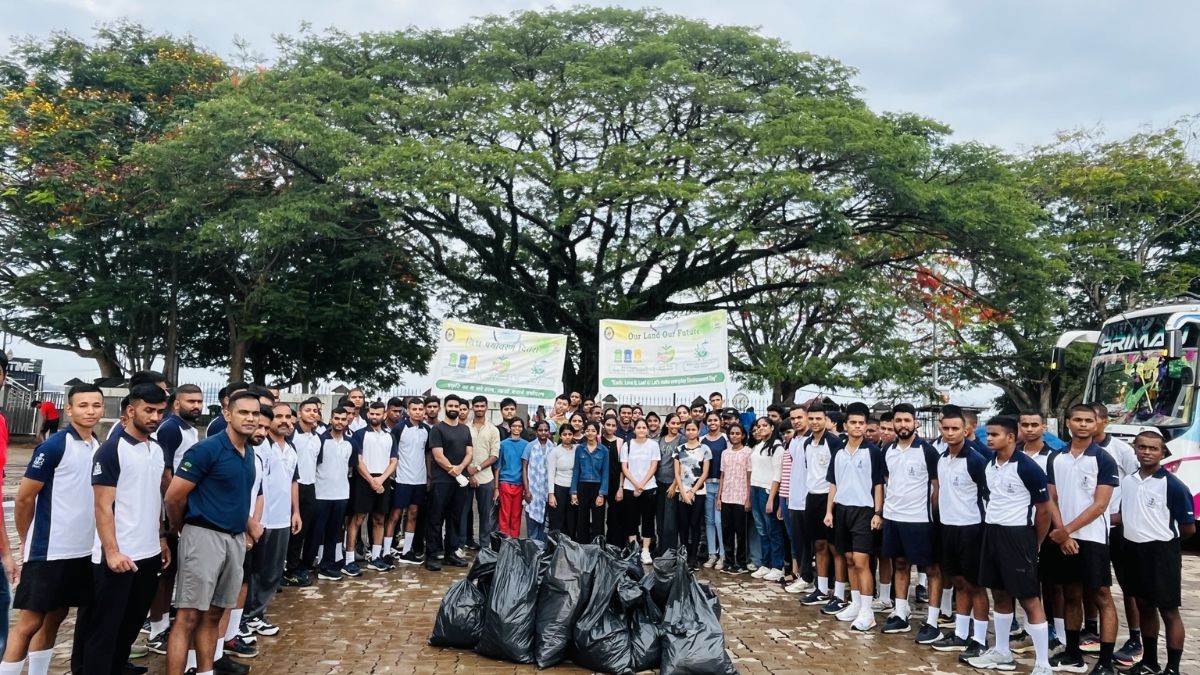Indian Navy Marks World Environment Day With Push Against Plastic Pollution

The Indian Navy has declared Naval Stations as 'No Plastic Zones' on the occasion of World Environment Day 2025. Image courtesy: PIB
The Indian Navy stepped up its environmental stewardship efforts on Wednesday to mark World Environment Day 2025, rolling out a range of green initiatives aimed at tackling plastic pollution and restoring coastal ecosystems.
As part of its growing Green Initiative Programme, naval establishments across India held activities ranging from beach clean-ups to coral reef surveys, aligning with this year’s global theme of “Ending Plastic Pollution.”
The Navy also intensified coordination with central and state government bodies, private environmental partners, and local communities to drive home its commitment to a “Cleaner and Greener Environment.”
How is the Indian Navy tackling plastic pollution across its facilities?
To mark the environmental observance, the Navy declared its stations nationwide as “No Plastic Zones,” stepping up its ban on single-use plastics. Webinars, pledges, awareness campaigns, and creative competitions were held to promote alternatives. Coastal cleanup drives mobilized service personnel, defence civilians, and their families for large-scale Shramdaan (voluntary effort), particularly in high-traffic coastal areas.
Plastic retrieval operations were also launched in coordination with local bodies, and the possibility of installing floating trash barriers is being assessed in partnership with The Habitats Trust and HCL Foundation under an ongoing Memorandum of Understanding.
What steps are being taken to restore coastal biodiversity and ecosystems?
The Navy has expanded mangrove plantation projects across multiple coastal belts, calling in scientific experts to evaluate existing mangrove coverage and guide new efforts. These plantations are being implemented in a phased manner as a natural defence against flooding, erosion, and storm surges.
In addition, biodiversity and coral reef surveys have been initiated in collaboration with government and non-governmental stakeholders. Seaweed cultivation is also being explored as part of the broader strategy to rejuvenate marine ecosystems affected by pollution and climate change.
Workshops, lectures, and interactive sessions on marine health and the impact of plastic waste were conducted across naval stations and housing areas, with experts from The Habitats Trust leading many of the engagements. Poster-making competitions on land restoration, desertification, and drought resilience were held to involve younger audiences and foster eco-conscious thinking.
Tree replantation efforts using advanced techniques have also been initiated, relocating mature trees to maximize carbon sequestration while preserving biodiversity. These activities form part of the Navy’s broader educational outreach and practical sustainability goals.







